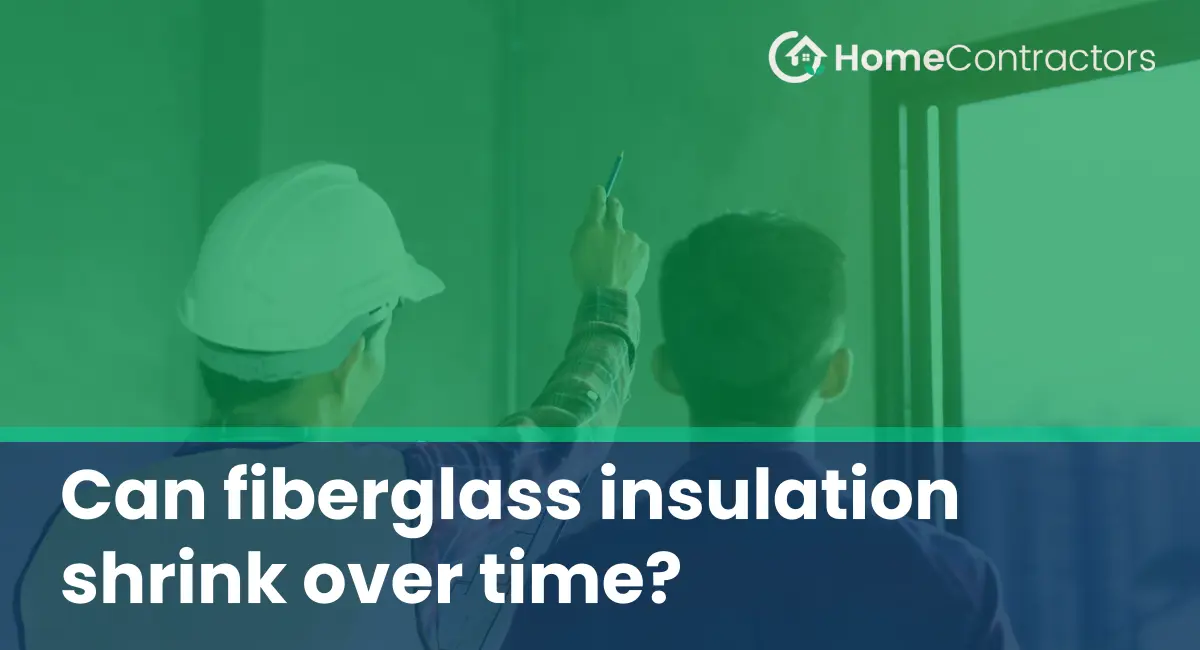While shrinkage can occur in fiberglass insulation, it is not a widespread or common issue. Fiberglass insulation that is properly installed and protected from moisture is unlikely to shrink significantly over time. Manufacturers have improved the quality of fiberglass insulation in recent years, making it more durable and resistant to shrinkage.
Preventing Shrinkage
To minimize the risk of fiberglass insulation shrinkage, there are a few preventive measures that can be taken:
1. Use Moisture-Resistant Insulation
Choosing moisture-resistant fiberglass insulation can significantly reduce the chances of shrinkage. Moisture-resistant insulation is designed to repel water and prevent absorption, ensuring its long-term effectiveness and minimizing the risk of shrinkage.
2. Proper Installation
Ensuring that fiberglass insulation is installed correctly is essential in preventing shrinkage. Hiring a professional insulation contractor who has the expertise and experience in proper installation techniques can help avoid compression and gaps within the insulation, maintaining its original thickness and effectiveness.
3. Climate Considerations
If you live in an area with extreme temperature variations, it may be beneficial to choose a higher-grade fiberglass insulation that is specifically designed to withstand thermal cycling. These types of insulation can better resist shrinkage and maintain their insulation properties over time.
Although fiberglass insulation can shrink under certain conditions, it is not a common occurrence, especially if installed correctly and protected from moisture. Manufacturers have made significant improvements in the quality and durability of fiberglass insulation, making it more resistant to shrinkage. By choosing moisture-resistant insulation, employing proper installation techniques, and considering climate conditions, homeowners and contractors can ensure that their fiberglass insulation remains effective for years to come.
